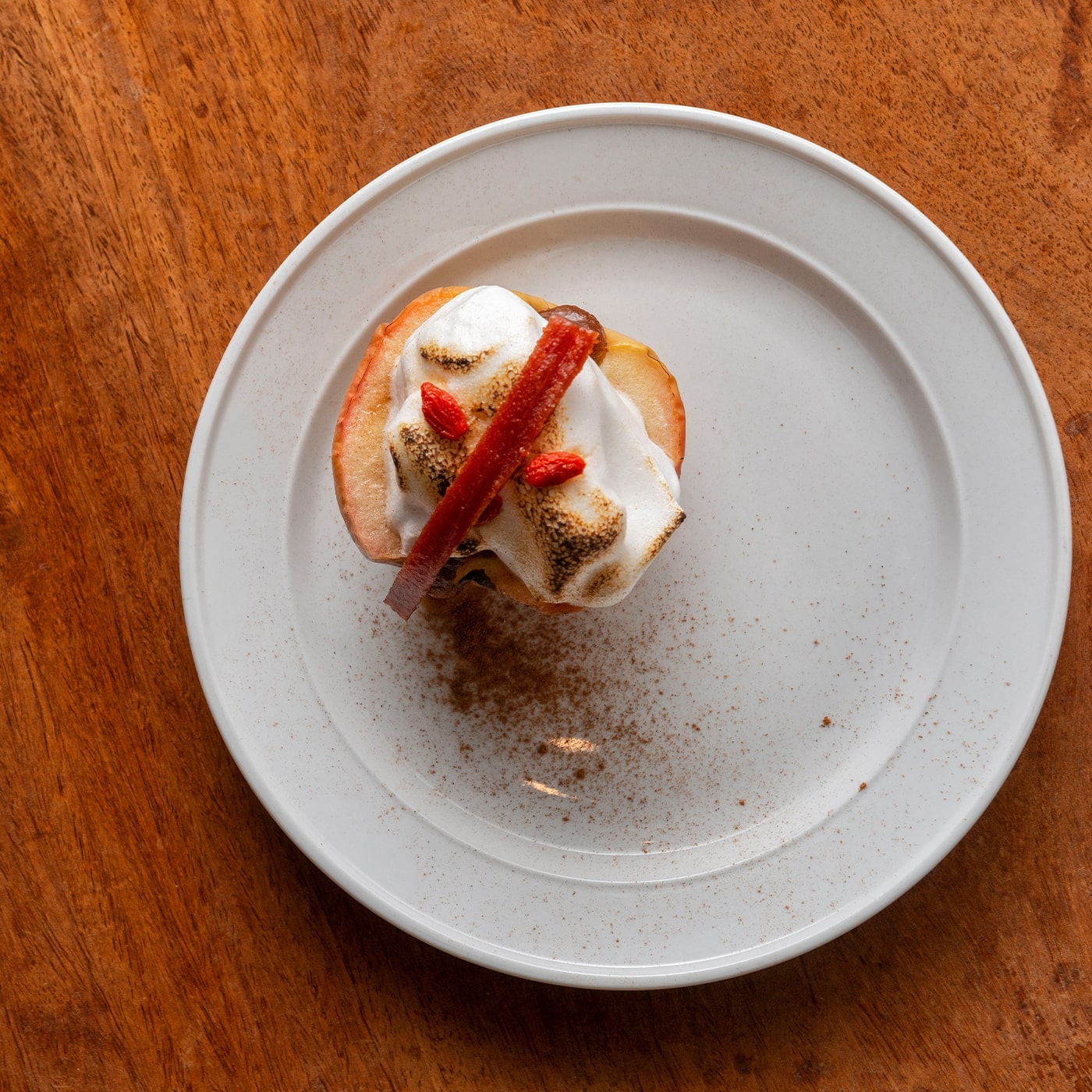Upcycled food – doing more & better
Otago's new Upcycled Food Lab is promoting the development of new, high-quality foods from products that would otherwise be wasted.
The University of Otago's Food Waste Innovation Research Theme – Auahatanga Parakai – has launched a new Upcycled Food Lab to mentor recycling concepts towards mainstream acceptance.
The research theme brings together multidisciplinary expertise to address the complex problem of food waste, offering positive outcomes for society, the economy and the environment.
Director Associate Professor Miranda Mirosa (Food Science) also heads one of three sub-themes – social innovations. The other two sub-themes, technical innovations and measuring waste, are respectively led by Professors Phil Bremer (Food Science) and Sheila Skeaff (Human Nutrition).
The new Upcycled Food Lab involves all the sub-themes with research and support for industry.
“Recycling food may not be a new idea, but our research indicates that it is an idea whose time has come – with both food industry interest and public demand.”
“It's a relatively new concept to upcycle food,” says Mirosa. “We've only been using the term upcycling both in the research theme and globally for a couple of years.”
Progressive manufacturers already find profitable uses for food materials that might go to waste, such as by-products or secondary produce, but little of the transformed product is promoted as such.
“Recycling food may not be a new idea, but our research indicates that it is an idea whose time has come – with both food industry interest and public demand,” says Mirosa.
“Consumers are increasingly concerned about food waste and environmental sustainability and want to be greener in their purchases. There appears to be a new market for products specifically branded and positioned and promoted as being made from what would otherwise have been wasted.”
Global research suggests that the world is currently capable of producing enough food to feed everyone, but much of it is wasted. What we are doing is unsustainable.
“We need to build a more sustainable food system. Everyone understands the need for change.
“Food waste reduction is one of the major things we can do easily and quickly and with financial benefit – doing more and better with our produce. Quick wins are possible, and we can see consumers, businesses, governments and not-for-profits all moving into this space.”
The Department of Food Science already assists companies with developing foods commercially and adding value to by-products. The Upcycled Food Lab has the skills, the expertise and the interest to provide industry consultancy services to a growing number of businesses wanting to take these ideas further.
“There are now enough companies that are specifically interested in creating products that have upcycled ingredients so that they can look at things like certification and promotion of those products. We're looking at how big the market could be, who the consumers are and how we might talk about these products.”
Existing lab projects include making crackers from carrots that are down-graded because they are the wrong size or shape, adding additional fibre to oat milk by incorporating spent grain from brewing, making a shelf-stable product from unsold fruit, and turning bread into beer and flaxseed meal into health drinks.
There is research into the all-essential public buy-in, and how supermarket managers see upcycled food on the shelves.
“Everyone knows wasting food is bad. But there's still a lot of education needed about what upcycled food is. The quality is no less and there is no impact on taste or goodness, and people are already buying these products.
“We are still a way off mainstream, but there is interest in reducing waste and the big manufacturers around the world are coming on board and starting to certify new products being developed. We're confident that the sector will grow here in Aotearoa as well, and we're there to assist with that growth.”
Funding
University of Otago Research Theme
Food served at an upcycled dinner event in Dunedin in July included: upcycled carrot crackers with carrot hummus, basil reduction and dukkha; a kumara, pumpkin and coconut curry made from a tomato paste base, with roti and tangy slaw; and stuffed apple with date puree, vegan meringue and upcycled persimmon fruit topping.
Associate Professor Miranda Mirosa.
